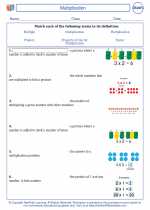Multiplication -> commutative property
Commutative Property
The commutative property is a fundamental property in mathematics that applies to operations such as addition and multiplication. It states that the order in which two numbers are added or multiplied does not change the result. In other words, the numbers can be rearranged without affecting the outcome.
Addition
For addition, the commutative property can be expressed as:
a + b = b + a
In other words, when adding two numbers, you can change the order of the numbers without changing the sum. For example:
3 + 5 = 5 + 3
Multiplication
For multiplication, the commutative property can be expressed as:
a × b = b × a
This means that the order of the numbers being multiplied can be changed without affecting the product. For example:
2 × 4 = 4 × 2
Study Guide
Here are some key points to remember about the commutative property:
- The commutative property applies to addition and multiplication.
- It states that the order of the numbers being added or multiplied can be changed without affecting the result.
- For addition, the property can be expressed as a + b = b + a.
- For multiplication, the property can be expressed as a × b = b × a.
- It is important to note that the commutative property does not apply to subtraction or division.
Understanding the commutative property is essential for performing arithmetic operations and simplifying mathematical expressions.
By applying the commutative property, you can rearrange numbers in a way that makes calculations easier and more efficient.
Be sure to practice using the commutative property with different sets of numbers to reinforce your understanding of this important mathematical concept.
[Commutative Property] Related Worksheets and Study Guides:
.◂Math Worksheets and Study Guides Fifth Grade. Multiplication
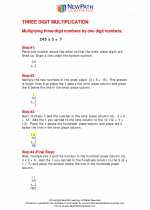
 Worksheet/Answer key
Worksheet/Answer key
 Worksheet/Answer key
Worksheet/Answer key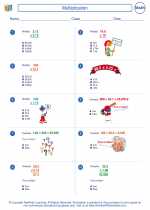
 Worksheet/Answer key
Worksheet/Answer key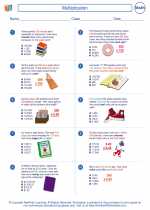
 Worksheet/Answer key
Worksheet/Answer key
 Worksheet/Answer key
Worksheet/Answer key
 Worksheet/Answer key
Worksheet/Answer key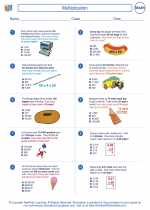
 Worksheet/Answer key
Worksheet/Answer key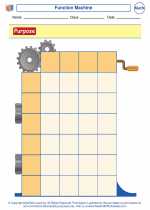
 Vocabulary/Answer key
Vocabulary/Answer key